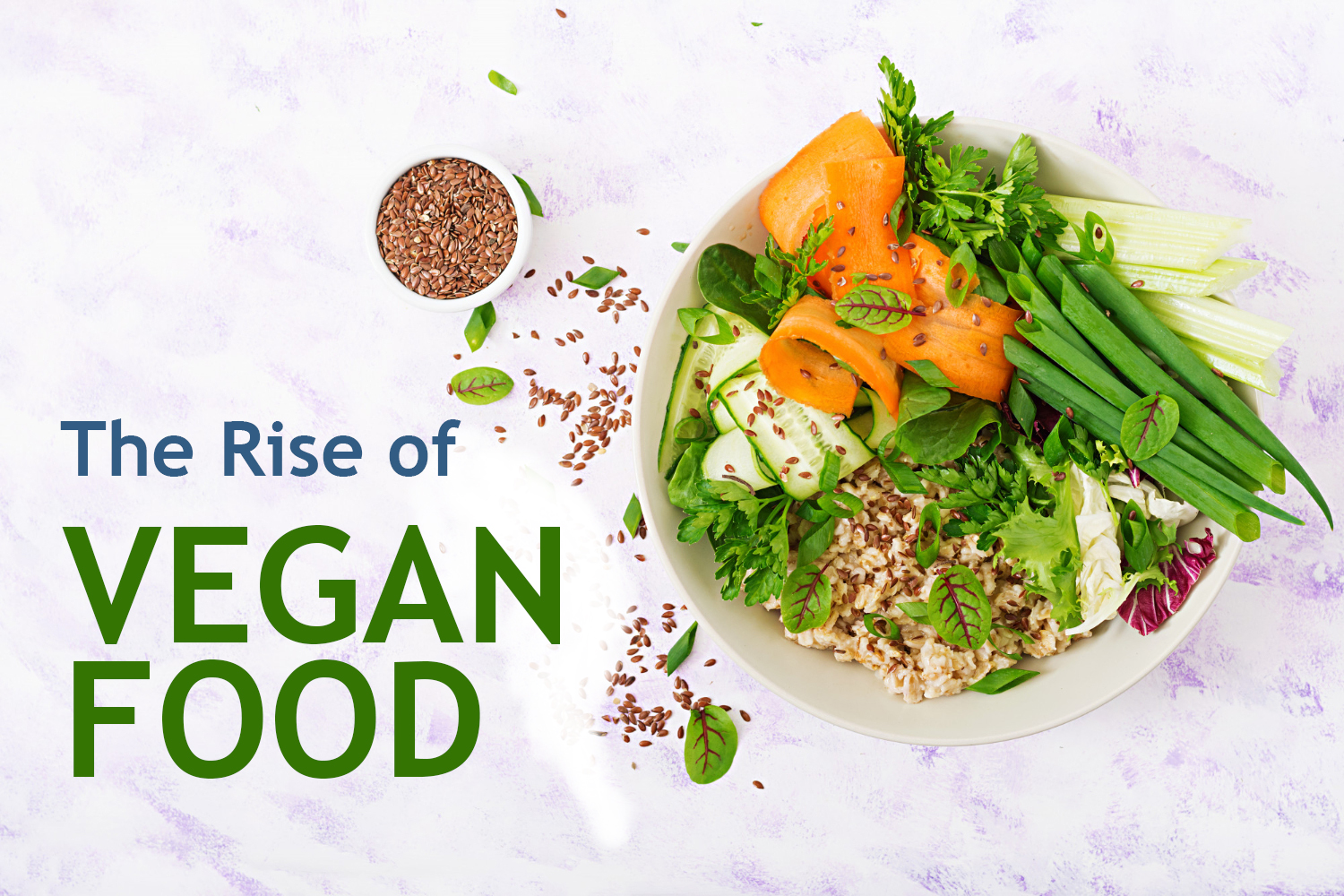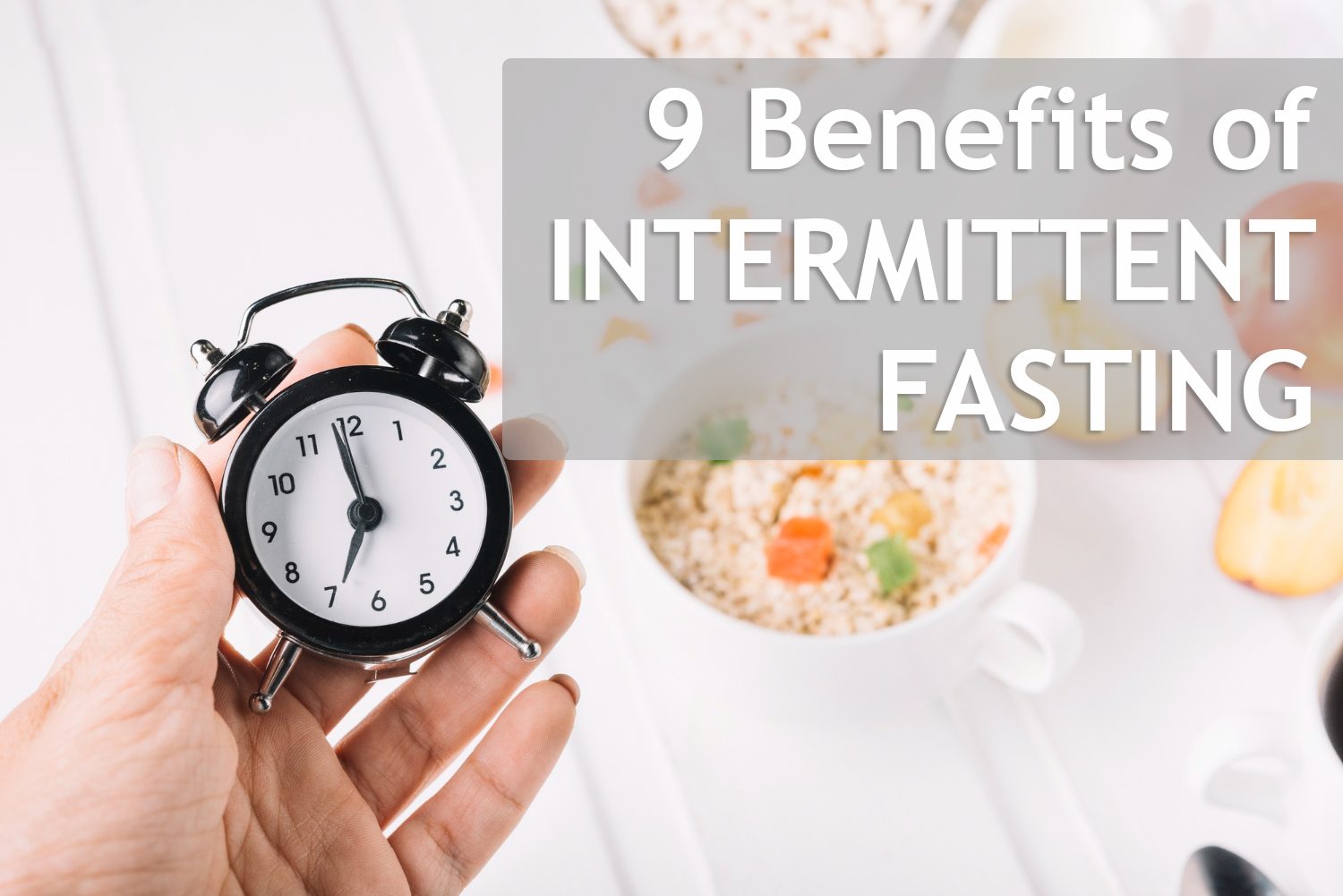
Table of Contents
Vegan Food has caught fashionableness in recent years, the popularity of veganism has skyrocketed, with more and more people embracing this plant-based lifestyle. From health benefits to environmental concerns, there are numerous reasons why individuals are making the switch to vegan food. In this article, we’ll explore the various aspects of veganism, including its impact on health, the environment, and animal welfare, as well as provide tips for incorporating more vegan options into your diet.
Understanding Veganism
What is Vegan Food?
Vegan food refers to food that is free from any animal-derived ingredients. This includes meat, dairy, eggs, and honey. Instead, vegan diets focus on plant-based foods such as fruits, vegetables, grains, nuts, seeds, and legumes.
The Philosophy Behind Veganism
At its core, veganism is not just a dietary choice but a lifestyle based on the belief that animals deserve to be treated with respect and compassion. Veganism seeks to minimize harm to animals by avoiding the use of animal products in all aspects of life, including food, clothing, and cosmetics.
Health Benefits of Vegan Food
Nutritional Value
Contrary to popular belief, vegan diets can provide all the necessary nutrients for a healthy lifestyle. Plant-based foods are rich in vitamins, minerals, and antioxidants, which are essential for maintaining optimal health. By consuming a variety of fruits, vegetables, whole grains, and plant-based proteins, vegans can meet their nutritional needs without relying on animal products.
Lower Risk of Chronic Diseases
Numerous studies have shown that vegan diets are associated with a lower risk of chronic diseases such as heart disease, diabetes, and certain types of cancer. By eliminating animal products, vegans reduce their intake of saturated fats and cholesterol, which are known contributors to these health conditions.
Weight Management
Vegan diets are often lower in calories and higher in fiber compared to omnivorous diets, making them an effective choice for weight management. Plant-based foods are naturally lower in fat and calories, helping individuals maintain a healthy weight and reduce the risk of obesity.

Environmental Impact of Veganism
Reduced Carbon Footprint
One of the major advantages of adopting a vegan lifestyle lies in its favourable effect on the environment. The livestock industry stands as a primary contributor to the emission of greenhouse gases, deforestation, and contamination of water sources. By choosing plant-based foods over animal products, individuals can significantly reduce their carbon footprint and help mitigate climate change.
Conservation of Resources
Animal agriculture requires vast amounts of land, water, and resources to produce food for livestock. By shifting towards a plant-based diet, we can conserve precious resources and reduce the strain on our planet’s ecosystems. Additionally, vegan farming practices such as organic farming and permaculture promote sustainability and biodiversity.
Ethical Considerations
Animal Welfare
One of the primary reasons people choose to go vegan is to take a stand against animal cruelty. The conditions in factory farms and slaughterhouses are often inhumane, with animals subjected to confinement, mutilation, and slaughter. By opting for vegan food, individuals can refuse to support these cruel practices and advocate for the rights of animals.
- Crew Movie Release – Is it worth?
- Mukhtar Ansari Death – Conspiracy or Natural death?
- 2nd Explosive Aam Aadmi Party Amit Palekar Controversy – ED Allegations
- 9 Benefits of Intermittent Fasting
- Donald Trump’s Wealth hits $6.5 Billions
Tips for Embracing Veganism
Start Slowly
Embarking on a journey toward a vegan diet need not be an immediate change. Begin by integrating a higher proportion of plant-based meals into your daily regimen and gradually reducing your consumption of animal-derived products. Experiment with new recipes and ingredients to discover delicious vegan alternatives.
Educate Yourself
Take the time to learn about vegan nutrition and cooking techniques. There are plenty of resources available, including cookbooks, websites, and online communities, where you can find helpful tips and advice for navigating the world of veganism.
Be Open-Minded
Approach veganism with an open mind and a willingness to try new things. Keep in mind that vegan food can be just as tasty and satisfying as traditional dishes, if not more so. Don’t be afraid to step outside your comfort zone and explore the diverse world of plant-based cuisine.
Embracing Diversity
Variety is Key
One of the misconceptions about veganism is that it’s restrictive and lacks variety. However, the truth is quite the opposite. Vegan food offers a diverse range of flavours, textures, and culinary traditions from around the world. Whether you’re craving a hearty bowl of curry, a fresh Mediterranean salad, or a comforting plate of pasta, there’s a vegan version to satisfy every palate.
Creative Cooking
Veganism encourages creativity in the kitchen. With a little imagination and experimentation, you can transform simple ingredients into delicious and nutritious meals. From homemade veggie burgers to dairy-free desserts, the possibilities are endless when it comes to vegan cooking. Don’t be afraid to get creative and explore new ingredients and cooking techniques.
Overcoming Challenges
Social Situations
Eating out or attending social gatherings can present challenges for vegans, especially in non-vegan-friendly environments. However, with a bit of planning and communication, navigating these situations can become easier. Research vegan-friendly restaurants in your area, or offer to bring a vegan dish to share at potlucks and parties. By being proactive and assertive about your dietary choices, you can enjoy social occasions without compromising your values.
Dealing with Criticism
As veganism gains popularity, it also attracts its fair share of criticism and scepticism. Some people may question your decision to go vegan or challenge the sustainability of a plant-based diet. Instead of getting defensive, approach these conversations with patience and empathy. Share your reasons for choosing veganism and educate others about the benefits of a plant-based lifestyle. Remember that change takes time, and leading by example is often the most effective way to inspire others.
The Future of Vegan Food
Growing Demand
As awareness of the environmental and ethical implications of animal agriculture continues to grow, so does the demand for vegan food. Food companies and restaurants are increasingly catering to the vegan market, offering innovative plant-based options to meet the needs of consumers. From plant-based meat alternatives to dairy-free cheeses, the availability of vegan products is expanding rapidly, making it easier than ever to embrace a cruelty-free lifestyle.
Sustainable Solutions
Veganism is not just a trend but a movement towards a more sustainable and compassionate future. By choosing plant-based foods, we can reduce our ecological footprint, alleviate animal suffering, and promote global food security. As more people embrace veganism, we have the opportunity to create positive change on a scale that has never been seen before.
Final Thoughts
In conclusion, vegan food is not just a dietary choice but a way of life that reflects our values and beliefs. Whether motivated by health, ethics, or environmental concerns, embracing veganism has far-reaching benefits for individuals, animals, and the planet. By choosing compassion over cruelty and sustainability over exploitation, we can create a brighter and more inclusive future for all beings. So why not take the first step towards a vegan lifestyle today? Your taste buds, your health, and the world around you will thank you for it.
Veganism is more than just a diet – it’s a compassionate and sustainable lifestyle choice that benefits both individuals and the planet. By embracing vegan food, we can improve our health, protect the environment, and promote animal welfare. Whether you’re already vegan or considering making the switch, there’s never been a better time to join the growing movement towards a more compassionate and plant-powered future.









